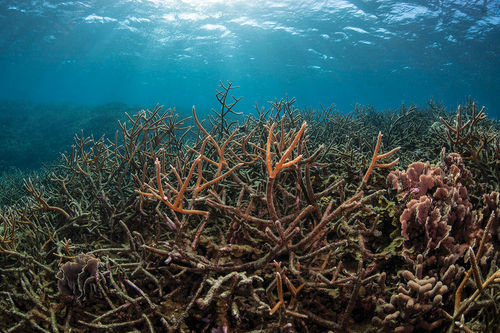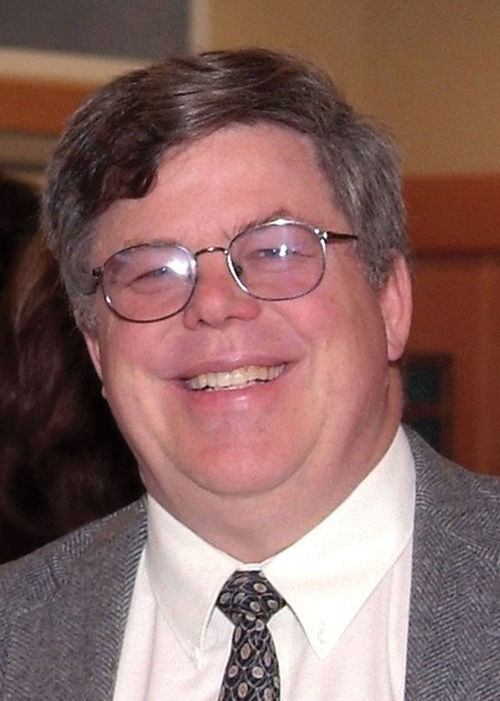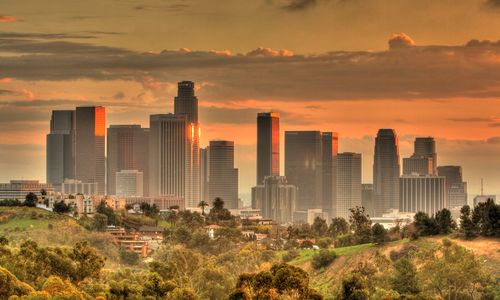
Ocean Acidification: A Global Problem with Local Impacts
- This is a past program
Throughout 2015 the Hammer and the UCLA Institute of the Environment and Sustainability explore the most pressing issues surrounding the current and future state of water in our series The Next Wave.
Over the past two centuries, atmospheric carbon dioxide (CO2) concentrations have dramatically increased, leading to sea rise, global warming and ocean acidification. Dr. Richard Feely, National Oceanic and Atmospheric Administration, addresses consequences of an acidifying ocean, and whether there is anything we can do to make a difference.
BIOGRAPHY
Dr. Richard A. Feely is a National Oceanic and Atmospheric Administration (NOAA) Senior Fellow at the NOAA Pacific Marine Environmental Laboratory in Seattle. He also holds an affiliate full professor faculty position at the University of Washington School of Oceanography. His major research areas are carbon cycling in the oceans and ocean acidification processes. He received a B.A. in chemistry from the University of St. Thomas, in St Paul, Minnesota in 1969. He then went onto Texas A&M University where he received both a M.S. degree in 1971 and a Ph.D. degree in 1974. Both of his post-graduate degrees were in chemical oceanography. He is the co-chair of the U.S. CLIVAR/CO2 Repeat Hydrography Program. He was a past member of the Steering Committee for the U.S. Carbon and Biochemistry Program and he is presently a member of the U.S. Interagency Working Group on Ocean Acidification. He is also a member of the International IMBER-SOLAS Ocean Acidification Group. He is a member of the American Geophysical Union, the American Association for the Advancement of Science and the American Chemical Society. Dr. Feely has authored more than 250 refereed research publications. He was awarded the Department of Commerce Gold Award in 2006 for research on ocean acidification. In 2007, Dr. Feely was elected to be a Fellow of the American Geophysical Union. In 2010 he was be awarded the Heinz Environmental Award for his pioneering research on ocean acidification. In 2014 Dr. Feely received the NOAA Administrator’s Award for his work as a lead author in Chapter 3 of the 2013 Intergovernmental Panel and Climate Change AR5 Working Group 1 Report.
All Hammer public programs are free and made possible by a major gift from the Dream Fund at UCLA.
Generous support is also provided by Susan Bay Nimoy and Leonard Nimoy, Good Works Foundation and Laura Donnelley, an anonymous donor, and all Hammer members.
The Hammer’s digital presentation of its public programs is made possible by the Billy and Audrey L. Wilder Foundation.

















